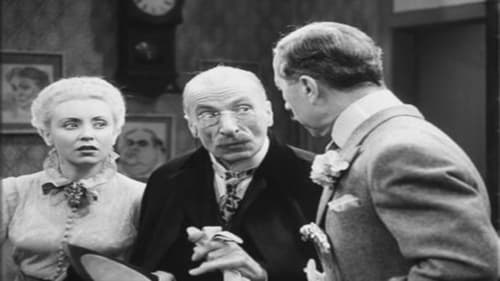
Cinematography

Cinematography
The great fadista, Amelia Rodrigues, made her screen debut in Capas Negras, which took its name from the black capes worn by the students in the university city of Coimbra, where the film is set. The action begins in a tavern where a group of former students are reminiscing about their time at the university. One of the students, Jose Duarte then breaks into song, performing an impromptu fado in the local Coimbra style. The tavern owner's niece, the aptly named Maria Lisboa promptly retaliates with a fado of the Lisbon variety. The melodramatic plot then centers on the frustrated romance between these two characters, and the soundtrack is essentially a musical duel between these two different styles of Portugal's national song.

Cinematography
The story of how the conflicting relationship of Eduardo and vaudeville actress Isabel is affected by the passion he feels for their neighbor, Mariana, a young overprotected, and the unexpected visit of his uncle Plácido, a moral teacher.

Cinematography
João, a music teacher, tells his students the story of how twenty years earlier he fell in love with Anustchka, a circus performer, whom he left everything for.

Cinematography
The fatalism caught up and the amorous tragedy between Teresa de Albuquerque and Simão Botelho, who survives the intolerant litigation of her noble families.

Director of Photography
It focuses on maritime tragedy of the town and a forbidden love between Julha and João Moço, from different fisher castes, in a community where mixed-caste marriages were not allowed and dating without parent's assent was seen as a disgrace to the family, not only in respect to women, but also men.

Camera Operator
Gracinda, a young laundry washer, lives with her godfather, "Uncle" Jacinto, and together they run a family business, doing the laundry for residents of Lisbon in their small village in the outskirts of that city (Canecas). Unfortunately, the business is not going very well, but that changes when Gracinda decides to go to the city to try to convince Chico, "Uncle" Jacinto's son, with whom she is in love, to return to the village and give new life to the business. The village is preparing for the annual festivities and a dispute erupts between "Uncle" Jacinto and his business rival , the widow Quiteria, when each of them invites different bands to play at the same time during the party and dances

Cinematography





